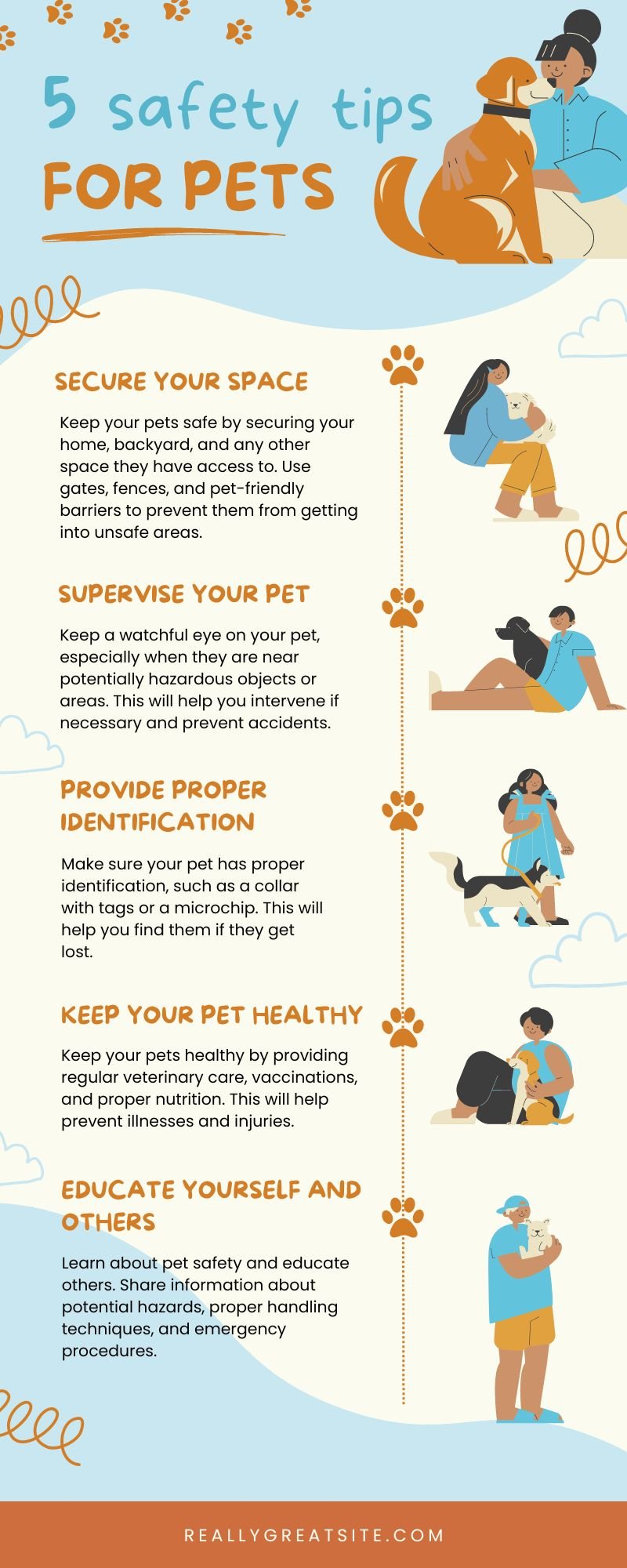Welcome to the Adoption Page!
-
Tips
Please ensure that you read the entire bio of the dog you are interested in adopting.
We charge fees to protect our time and efforts.
Do your own research on specific behaviours or traits of a dog you are interested in to ensure that you have an appropriate level of awareness and understanding.
If you do not take the time to fill out the required form, we will not be able to reach out to you or provide a response -
Policy
All our rescue dogs must be spayed or neutered. Our mission is to help stop puppy mills and back yard breeding.
We neuter and spay our dogs without exceptions. If you have specific needs, we suggest buying a dog from a breeder
We will not make exceptions.. please do not inquire.
Until the dog is spayed or neutered, the dog will stay in our name to insure they come back if any policies are broken.CORE vaccines (DH2PP/RABIES) Are the only vaccines we cover.. any vaccines like lepto or bordatella will need to be purchased by owner with own vet.
Please note that we have a non-refundable policy and any dog must be returned to our rescue if it does not work out.Fees are non negotiable
-
Fees
We are a registered Non-Profit Organization
All Proceeds go towards saving future dogs lives!
2 Months - 3 Years Old (PUPPY): $700.004 Years Old – 7 Years old (Adult): $500.00
8 Years & Up (Senior): $300.00


Adoptable Dogs
TRAMP
Concerned about early neutering/spaying?
Our vet doctor has worked with the Toronto Humane Society for years and would not jeopardize their license or reputation if there was a actual health concern to this procedure.
These things have to be done to help the animal welfare community help more animals in need.
Opinions from people that adopt from shelters and rescues:
“Rescues and shelters see so many homeless dogs, puppies having puppies, etc., that they are focused on preventing more of the same.”
“Maybe it's not ideal for a dog to be spayed or neutered so young, but lots of vets push for spay/neuter by 6 months, probably for the same reasons. It increases the risk of certain things, but if the original risk is 1 in 1,000 develop a certain problem, doubling that risk only means 1 in 500. It's not a death sentence or surefire path to disaster, only less than the very mostest ideal, and any dog in a rescue or shelter is already in a less than ideal situation - and lucky to be there instead of on the streets”
“Rescues are dedicated to finding homes for unwanted dogs--of course they want to make sure that any dog that passes their doors won't result in more unwanted dogs or craigslist breeders. And there's only one way to be absolutely sure of that”
Reasons for earlier sterilization:
Every heat cycle an intact female dog goes through increases their risk of mammary cancer. Intact females are also at risk of pyometra, which is an infection of the uterus. Pyometra is life threatening and requires emergency spay surgery.
Intact male dogs are more prone to developing benign prostatic hyperplasia (a non-cancerous enlargement of the prostate), cysts or infections in the prostate, and testicular cancer.
These conditions could mean a shorter life for your pet, and treating these conditions can be more expensive than the one-time cost for sterilization.
If you live in an area with other pets nearby, especially unsterilized animals, or you regularly visit a dog park, spaying or neutering your pet can protect them from unplanned breeding and decrease the risk of them escaping to roam and find a mate.
Putting an animal under anesthesia is never risk-free, however the risks are very small. Approximately only one in 1,000 healthy animals experience life-threatening complications from being put under anesthesia.
Reasons to delay sterilization:
Some retrospective studies have recently been published that show very early sterilization may delay closure of growth plates in big bones, meaning the animal gets a little bigger or longer. In some breeds, like German Shepherds and Golden Retrievers, this may lead to hip or joint issues. In other breeds, it seems to have no impact.
Retrospective studies have also shown some evidence in German Shepherds and Golden Retrievers that round cell tumors (hemangiosarcoma and lymphoma) may be a slightly more prevalent in cases of early sterilization.
Sterilization results in less testosterone and estrogen. Testosterone and estrogen are good for muscle and bone development. When testosterone and estrogen levels decrease, dogs burn fewer calories. This requires diligent control of their food intake to manage their weight properly.
While sterilization and behavior impacts haven’t been studied, there is a common perception that testosterone leads to aggression. There isn’t any good scientific evidence that shows that an intact dog will have more behavior concerns. An animal’s personality is set more by how well they’re socialized in the important beginning stages of their lives.

